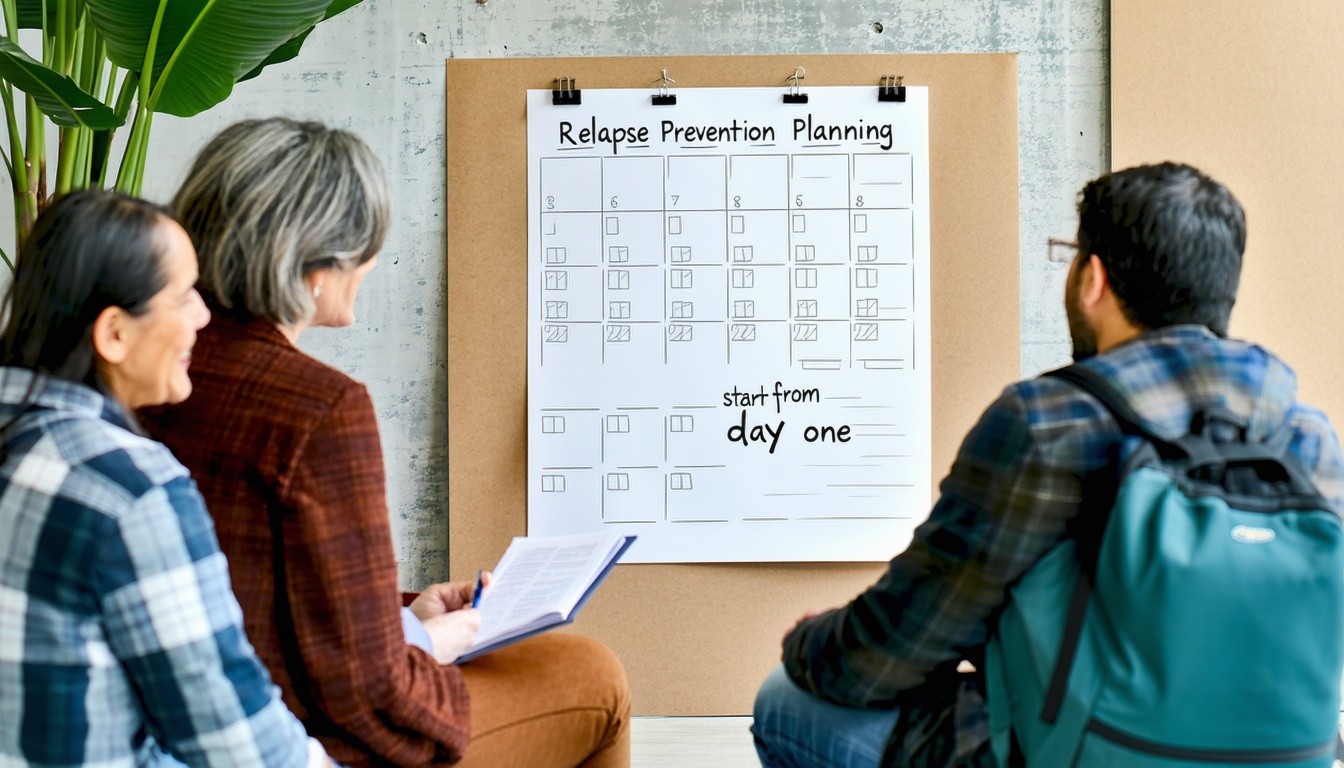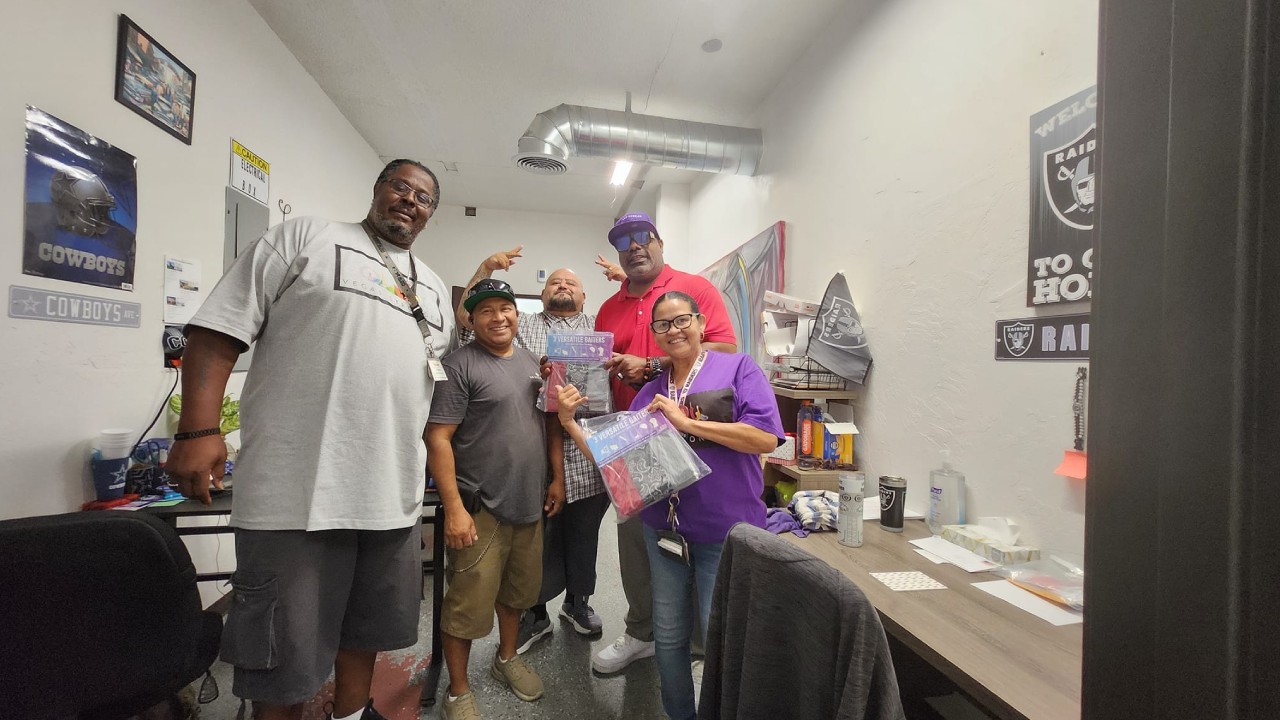
Addiction is a disease that affects not only the user but also their loved ones and partners. Being in a relationship with someone struggling with addiction can be exhausting and emotionally draining. However, it is not all doom and gloom. With the right tools, couples can overcome addiction together and come out even stronger on the other side. In this article shared below by Vegas Stronger, we will discuss some tips and advice for couples struggling to make it work.
Consider Couples Therapy
Couples therapy is an invaluable tool for couples affected by addiction. It provides a safe and neutral space to navigate difficult emotions, set goals, and work through any underlying issues that might be contributing to the addiction. Both partners need to attend therapy, even if only one is struggling with addiction. Couples therapy can help both partners understand the addiction and develop healthy coping mechanisms to move forward.
Keep Communication Open and Honest
Communication is key to any healthy relationship, but it is especially crucial when dealing with addiction. Both partners need to be open and honest about their feelings, concerns, and needs. Avoid blaming or shaming each other and focus on expressing emotions and finding solutions together. It is essential to listen to each other without judgment and to be supportive of each other’s recovery journey.
Get a Positive Mindset
It is easy to get bogged down in the negative aspects of addiction, but it is essential to focus on the positive parts of your relationship and life. Take time to remember why you fell in love with each other in the first place and what made your relationship strong. Celebrate each other by focusing on the positive parts of each other’s achievements, no matter how small, and find joy in the little things. Practicing gratitude can also help shift your mindset from negative to positive, boosting your overall well-being.
Set (and Stick to) Clear Boundaries
Boundaries are essential in any relationship, but they are especially crucial when dealing with addiction. Both partners need to set clear boundaries and expectations for behavior. This includes creating a sober environment at home, establishing consequences for drug or alcohol use, and setting healthy boundaries around emotional support. Boundaries should be specific, measurable, and achievable. It is important to enforce boundaries consistently and without exceptions.
Avoid Making Ultimatums or Threats
Ultimatums and threats are counterproductive and can create even more tension in the relationship. Avoid making ultimatums such as “If you don’t get sober, I’m leaving.” Instead, focus on your own needs and boundaries and express them clearly. It is also important to avoid making threats or using shame as a tool for behavior change. Remember that addiction is a disease, and it requires compassion, understanding, and support to overcome.
Focus on the Present Moment
Addiction can be overwhelming and can cause anxiety about the future. However, it is essential to focus on the present moment and take things one day at a time. Both partners need to be patient and understand that recovery is a journey, not a destination. Celebrate small victories and focus on progress rather than perfection. It is also essential to take care of yourself and prioritize self-care. This can include exercise, meditation, therapy, or spending time with friends and family.
Addiction can put a strain on any relationship, but with the right tools and support, couples can overcome it together. Practice open and honest communication, focus on the positive parts of your relationship and life, set clear boundaries and expectations for behavior, avoid making ultimatums or threats, etc. Remember that addiction is a disease, and recovery is a journey that requires compassion, understanding, and support.
This is a guest post from Katherine Williams at Whenthebabysleeps.com.
Katherine Williams knows that one of the most difficult things about parenting is taking good care of yourself so you can take the best care of your children. She created When the Baby Sleeps to help parents prioritize self-care so that they can be there for their kids. She knows that finding time for self-care as a parent never gets easier, but she hopes the advice and resources shared on her site will help her visitors be their best parenting selves.

















